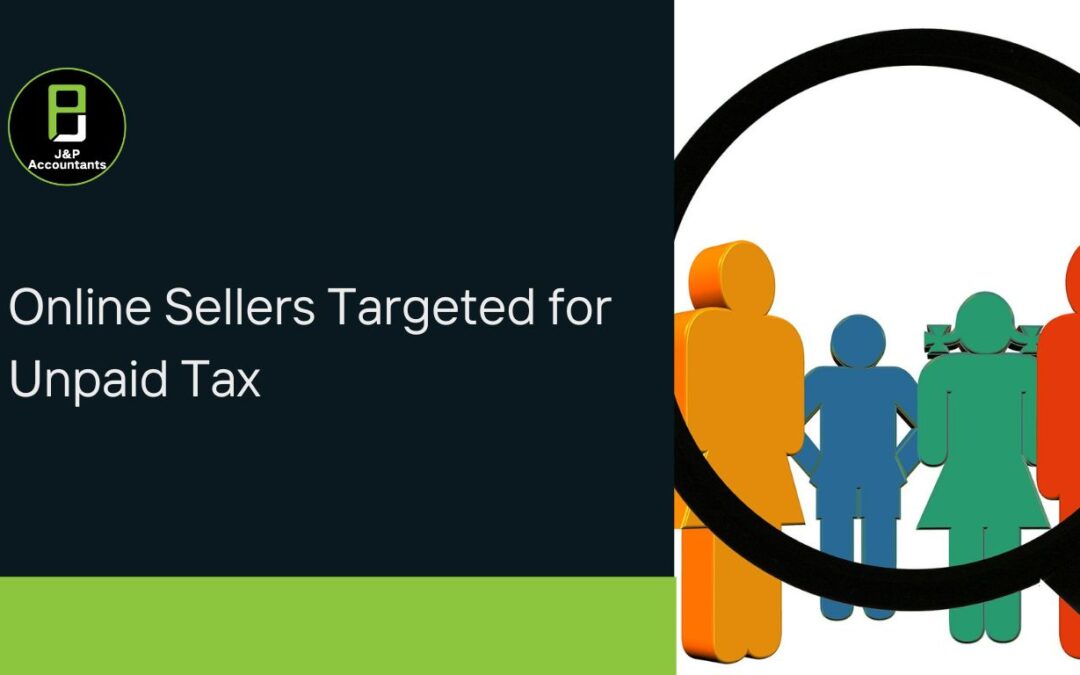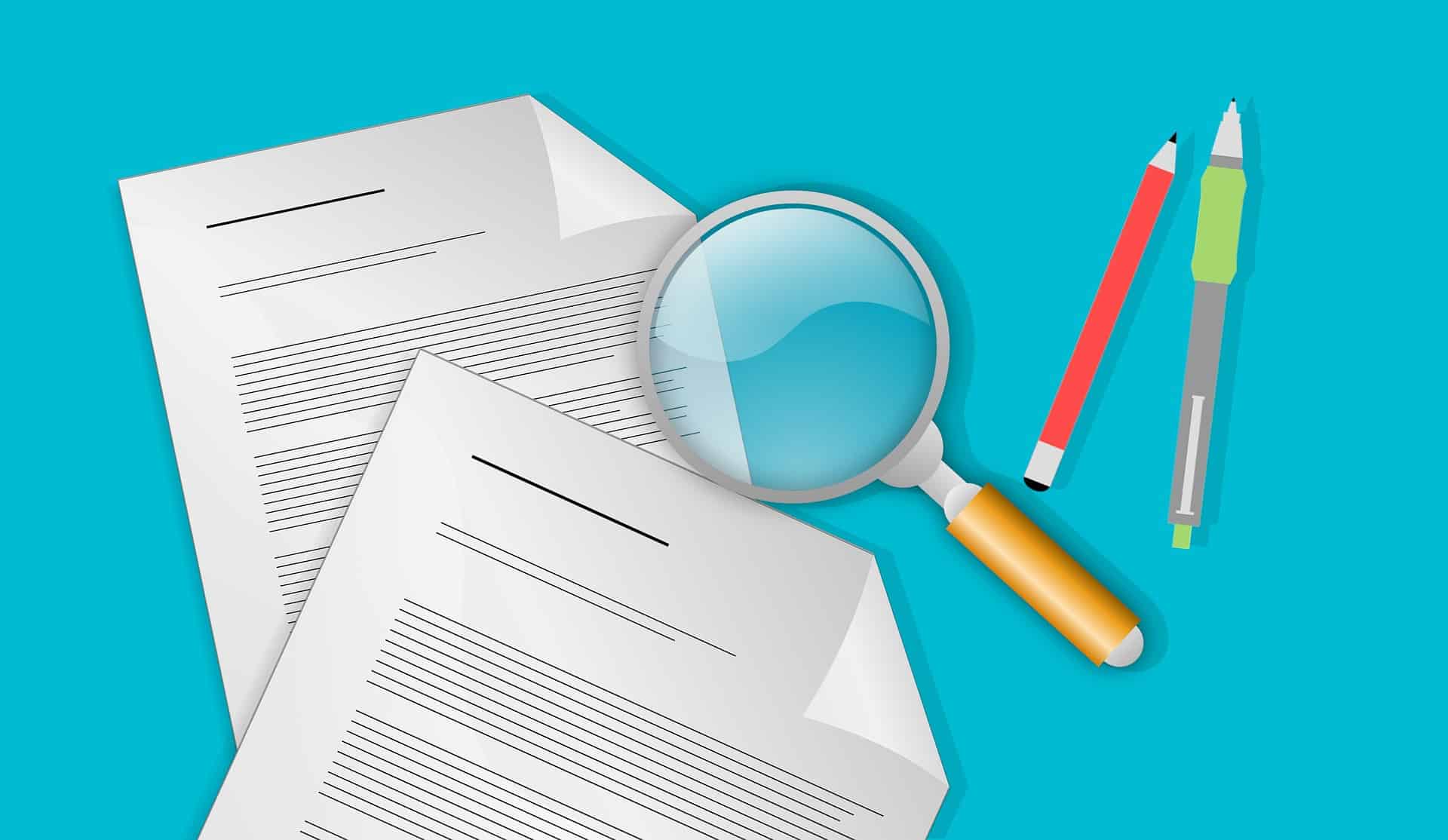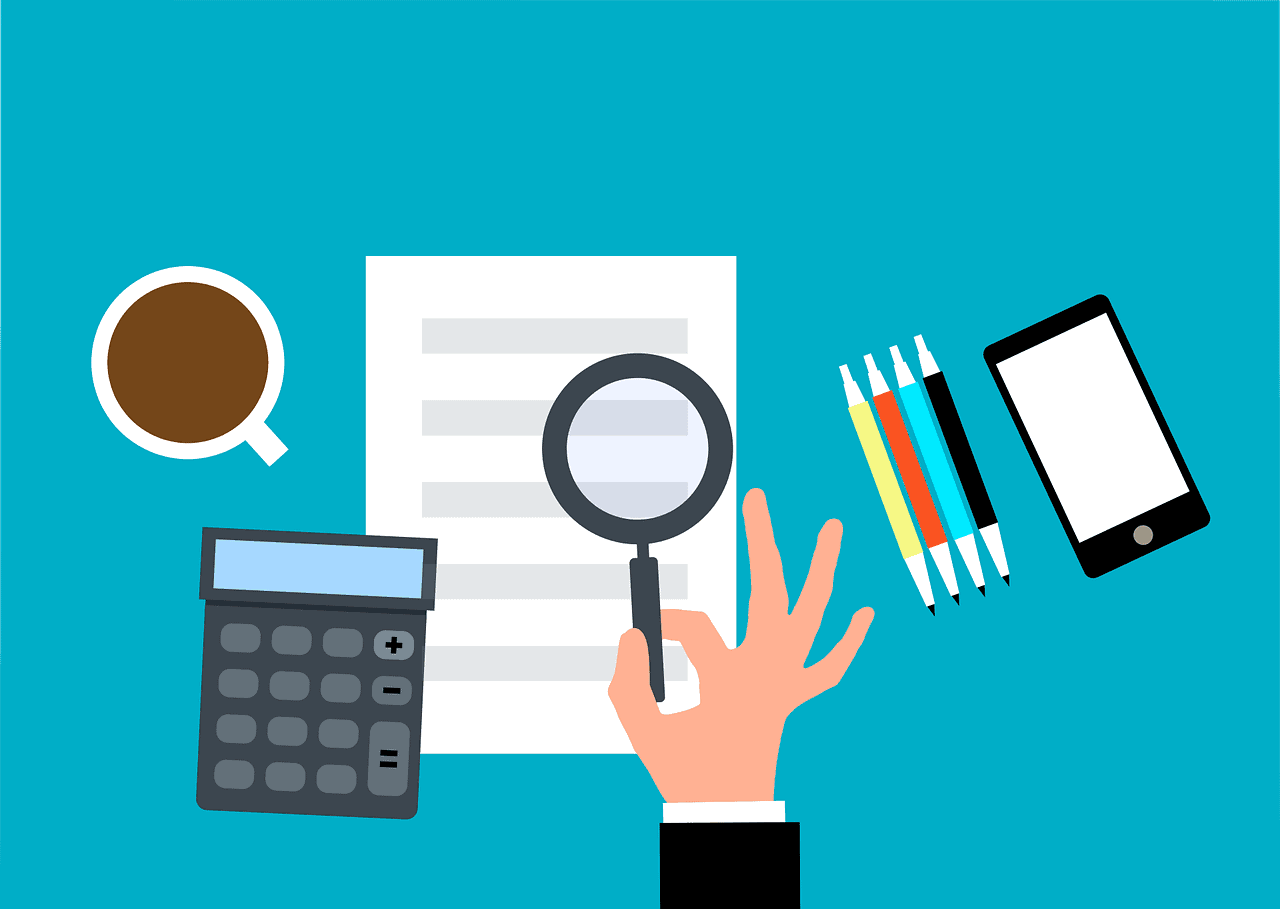Thousands of online sellers will receive nudge letters from HMRC.
This will include sellers active on eBay, Facebook Marketplace and Etsy.
When you get this letter you probably want to know why and act as soon as possible.
Why are you receiving this letter?
Since more and more online sellers will flood into the e-commerce platform in 2023, it is difficult to supervise online sales in the first place due to the huge number.
This year, HMRC began to obtain sales data from online platforms, which usually keep detailed sales history records of online sellers.
At the same time, HMRC is also working with other tax jurisdictions that are members of the Joint Chiefs of Global Tax Enforcement (J5).
HMRC sent letters to the information holders and launched follow-up investigations with online sellers who did not respond.
What do you need to do when you get a letter?
The letter will include a case reference number to demonstrate that HMRC has the merchant’s sales details.
Users who receive the letter usually need to summarise their tax status and respond within 30 days.
Not only that, once you discover any omissions you need to voluntarily disclose undeclared income to HMRC within 90 days.
This usually requires merchants to fill in a “tax status certificate” and report it to HMRC in a timely manner.
What information is required to file a tax return?
Generally, any business has an allowance of £1,000 per annum, and any income up to and including the allowance does not need to be declared.
Once your sales exceed £1,000 then you should declare and pay tax to HMRC as soon as possible.
When you get a nudge letter, don’t try to ignore it. This is likely to be an important signal that needs to be responded to seriously.
In case of any uncertainty try to get advice from the accounting team to ensure you avoid further trouble.




